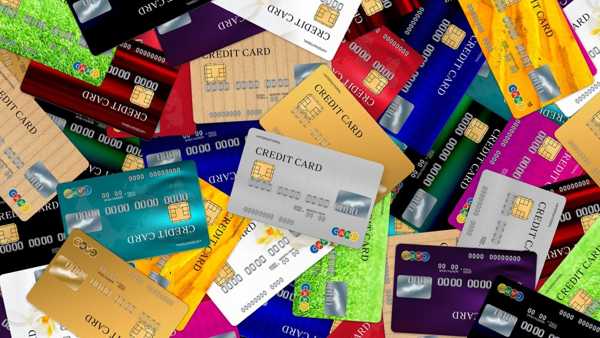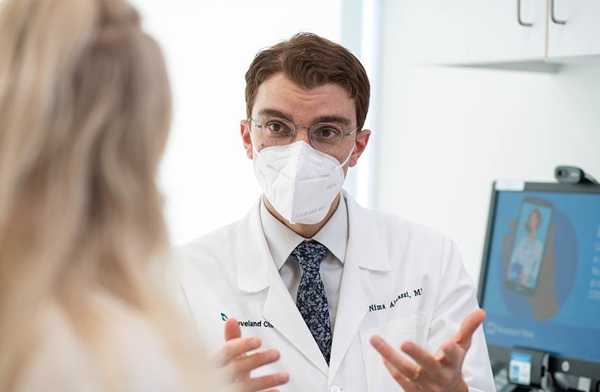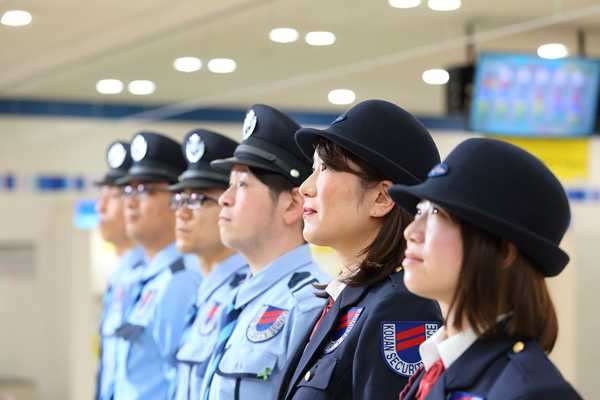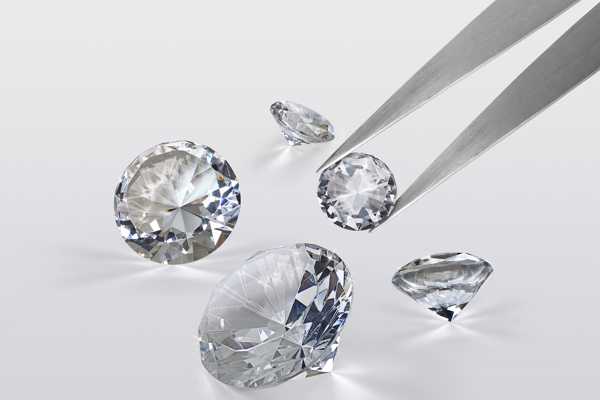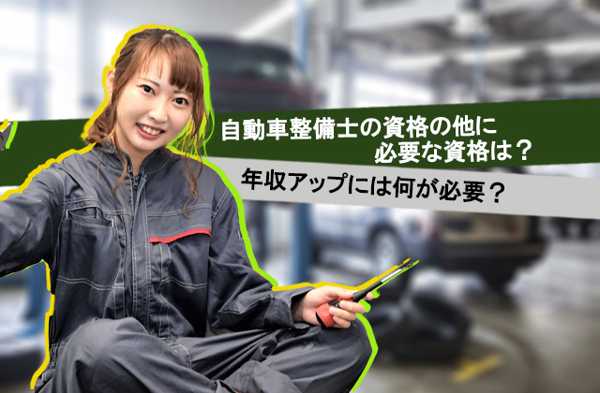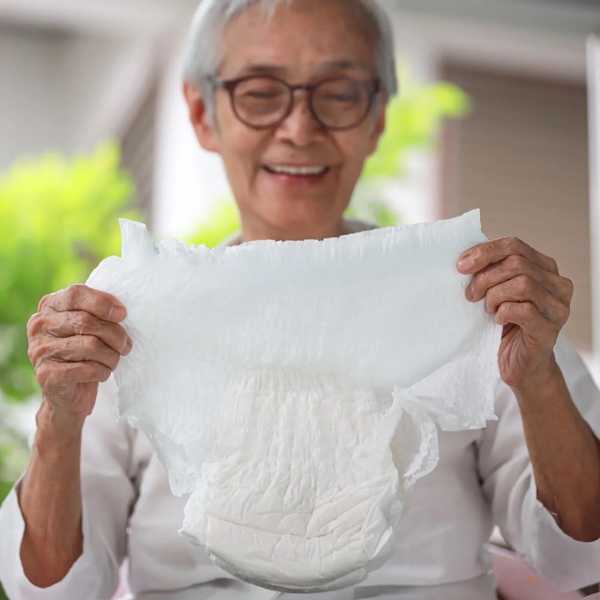日本の中古車査定で最高額を出す秘訣!プロが教える成功事例とおすすめプラットフォーム5選
A List of Newborn Essentials for Parents: What You Need
When a new baby is on the way, parents can feel overwhelmed by the number of newborn essentials available. It’s easy to wonder what’s truly necessary and what’s just nice to have. This guide will focus on the essential items that will make the first few months with a newborn much smoother. From baby clothing basics to essential feeding supplies, here’s everything you need to get started.
When a new baby is on the way, parents can feel overwhelmed by the number of newborn essentials available. It’s easy to wonder what’s truly necessary and what’s just nice to have. This guide will focus on the essential items that will make the first few months with a newborn much smoother. From baby clothing basics to essential feeding supplies, here’s everything you need to get started.
Clothing Essentials for Newborns
Babies grow quickly, and their clothing needs are simple but specific. Newborns need soft, comfortable clothing that’s easy to change. Here are a few items to focus on:
Onesies: Short or long-sleeved onesies are a staple. Look for five to seven pieces so you don’t have to constantly do laundry.
Sleepers: Sleepers or footed pyjamas are convenient for nighttime. Since babies sleep a lot, having four to five of these is helpful.
Mittens and Hats: Baby mittens prevent scratching, and hats help keep them warm, especially if they’re born in colder months.
Swaddle Blankets: Swaddling helps babies feel secure and sleep better. Soft, lightweight blankets are best for this purpose.
These simple clothing items cover the basics for a newborn. There’s no need to buy too many, as babies outgrow clothes within a few months.
Diapering Basics
Diapering is an unavoidable part of life with a newborn. It’s helpful to be well-stocked on diapering supplies before your baby arrives.
Diapers: Most newborns use 10-12 diapers a day, so it’s wise to have a good supply. Both disposable and cloth diapers are options, so choose what works best for you.
Wipes: Choose gentle, unscented wipes, as newborn skin is very sensitive.
Diaper Cream: Diaper rash can happen frequently, so a mild, baby-safe cream is a must.
Changing Pad: Whether it’s a portable pad or a full changing table, having a clean, safe surface for diaper changes is essential.
With these diapering basics, you’ll be prepared for the many changes ahead.
Feeding Supplies
Whether you plan to breastfeed, bottle-feed, or do a mix of both, some feeding essentials can make the process easier.
Breastfeeding Supplies: Nursing pillows help support the baby during breastfeeding. If you plan to pump, invest in a good-quality breast pump.
Bottles: Even if you’re breastfeeding, having bottles on hand is useful. Newborns may need smaller bottles with slow-flow nipples.
Formula: If you’re formula-feeding, choose a type that’s designed for newborns. Ask your paediatrician if you’re unsure which one to pick.
Burp Cloths: Newborns spit up frequently. Burp cloths or small towels are handy for keeping things clean.
These basics will cover feeding needs in those early months.
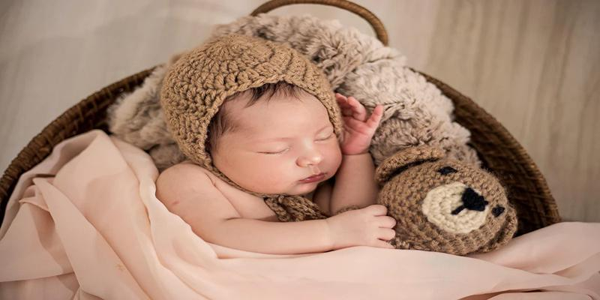
Sleeping Gears
Creating a safe sleep environment is crucial for newborns. Here are the essentials:
Crib or Bassinet: A crib or bassinet should meet safety standards. The mattress should be firm, and the crib should be free of toys, pillows, or loose blankets.
Sleep Sacks: Instead of loose blankets, sleep sacks or wearable blankets are safer and help keep the baby warm without risk.
White Noise Machine: Many babies sleep better with some background noise. A white noise machine can help with soothing them.
Having these items can make sleep more comfortable and safe for your baby.
Health and Safety Newborn Essentials
Finally, it’s important to have basic health and safety items on hand:
Baby Thermometer: A reliable digital thermometer is essential in case of fever.
Nail Clippers or File: Baby nails grow fast and are often sharp. Baby-safe nail clippers or a soft nail file can prevent scratching.
Baby Monitor: A monitor helps you keep an eye (or ear) on the baby while they sleep.
First Aid Kit: Stock a basic kit with infant-safe medicine, bandages, and any essentials your doctor recommends.
These items will help you handle common health and safety needs.
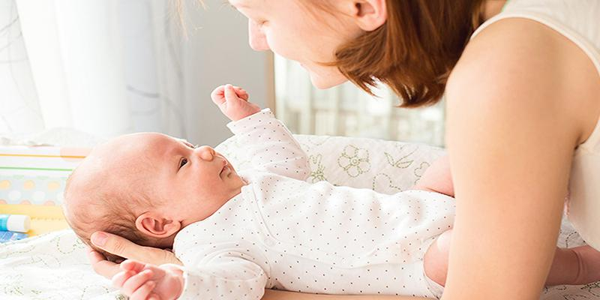
Preparing for the First Few Months
In the first few months, babies don’t require much besides love, food, and warmth. Focusing on the essentials helps avoid overspending on unnecessary items. Essentials like clothing, feeding supplies, and diapering basics ensure that you’re ready for your new arrival without feeling overwhelmed.
Focusing on these newborn essentials means you’ll be well-prepared, able to enjoy more time with your baby, and less time worrying about missing items.
